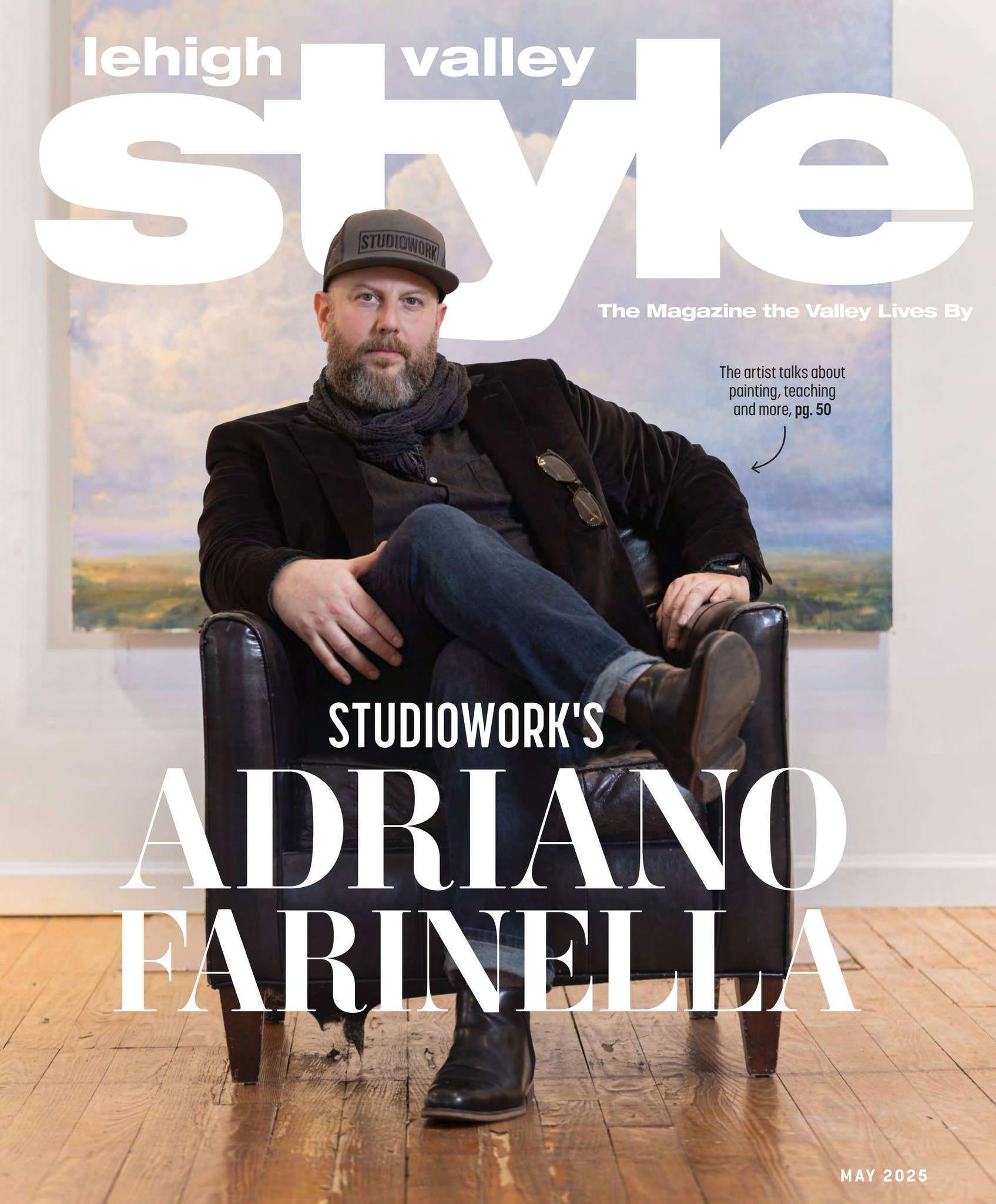Farming and cycling: you can have one without the other. But here in the Lehigh Valley, we don't have to. And, if places like the Rodale Institute and Valley Preferred Cycling Center continue to further their mission and outreach, we never will.
Recently, Discover Lehigh Valley launched a video series that explores the mutually beneficial relationship between the local cycling and farming communities. We thought it was a topic worth exploring as well. Read on to learn more about this shared history and how your support can help write the next chapter.
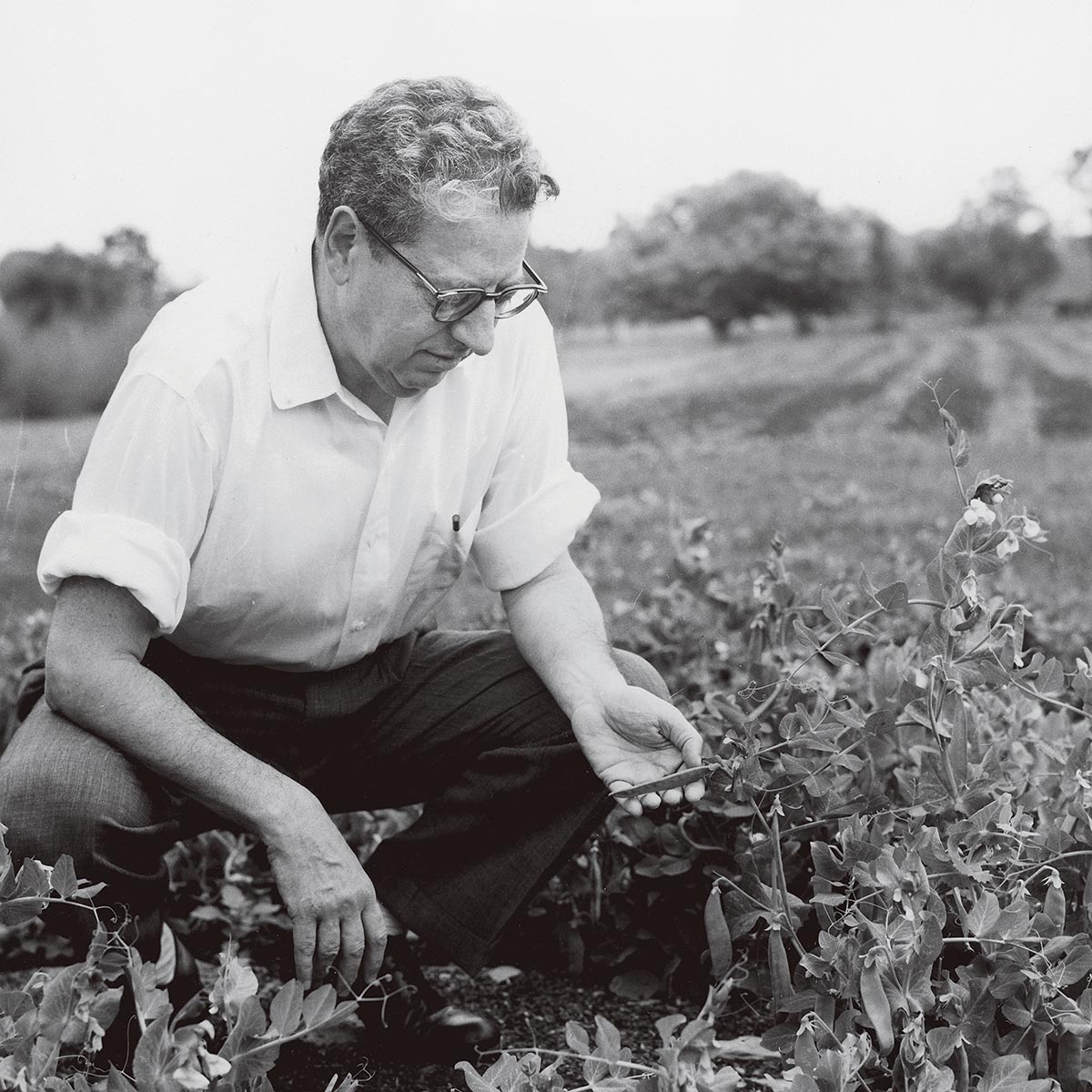
The Rodales: Organic Farming Pioneers
A lot of Lehigh Valley residents are familiar with the Rodale name. Although the family's Emmaus-based publishing business was acquired by Hearst Communications several years ago, the Rodale Institute continues to thrive. “Essentially, we are the university of organic farming for the world,” says Chief Impact Officer Jeff Tkach. The institute is continuing the work of founder J.I. Rodale, considered by many to be the father of the modern organic farming movement. Today, the massive, 386-acre farm outside Kutztown focuses on research, education and training. “We're on a mission to fix our broken food system,” Tkach says.
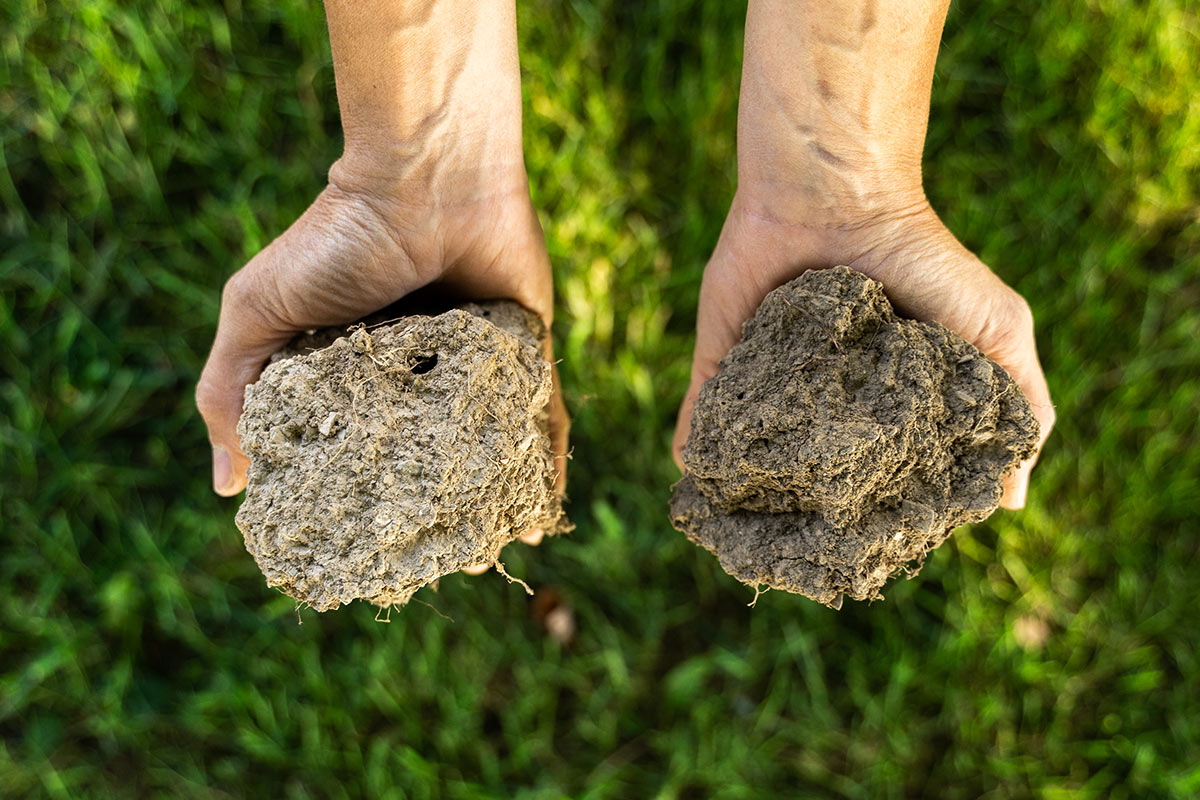
So, What's the Big Deal about Organic, Anyway?
Maybe you've seen products at the grocery store bearing the “USDA Organic” label and wondered whether it's worth spending the extra money. The Rodale Institute believes that healthy soil leads to healthy plants and healthy people. Quite simply, organic farming means growing crops using biology instead of chemistry, says Dave Pryor, the Rodale Institute's director of marketing and communications. It's a labor-intensive process, and there's a three-year waiting period from the time a farmer last uses chemicals or GMO seed products and when they can be certified as an organic farmer. But the long-term benefits for the farmer, the soil and the environment are well worth the investment, Pryor says, and interest in going organic remains high: “We are getting hundreds of new farmers coming on every year.” In July, the 2022 Organic Field Day event at the Rodale farm drew about 500 farmers from around the world.
Regenerative Organic Certification (ROC) raises the bar even higher. According to the Rodale Institute, Bob Rodale—son of J.I., and leader of the company until his untimely death in 1990—coined the term “regenerative organic” to describe a holistic approach to farming. Tkach says Bob Rodale preferred it to the term “sustainability,” because some of the countries he visited—especially developing nations—essentially had no agricultural infrastructure to sustain; the soil was depleted, and the people were malnourished. ROC uses the USDA Organic Certification as a baseline but requires farmers to incorporate the three pillars of regenerative organic agriculture: soil health, animal welfare and social fairness.
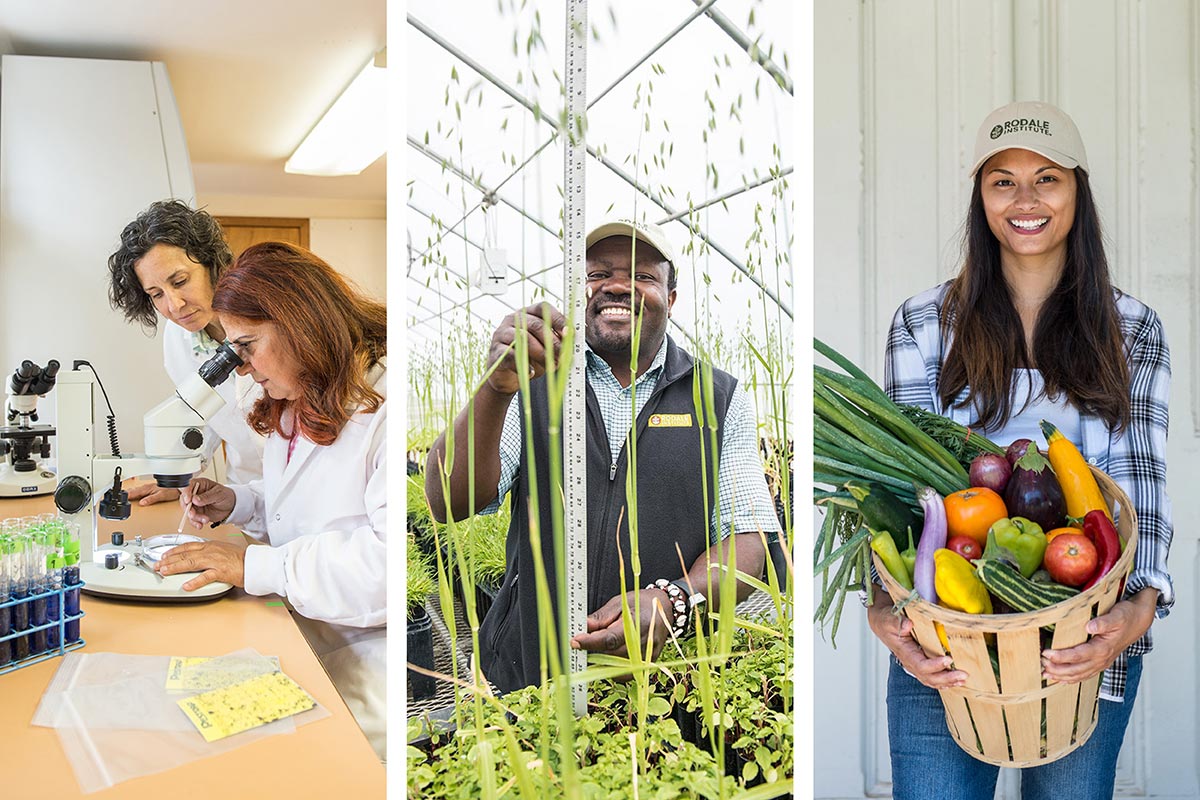
What is the Future of the Organic Movement?
There's still a lot to learn, and that's why the research and instruction happening locally at the Rodale Institute and at its satellite resource centers across the country are so important. Pryor says one current area of study focuses on the nutrient density of organic crops versus those grown with conventional farming methods; another is analyzing carbon sequestration: whether the tilling of soil should be reduced or eliminated to prevent carbon dioxide that's pulled into the soil from being re-released into the atmosphere. “There's more living organisms in a teaspoon of soil than there are humans on the earth,” Pryor says. “If we don't kill them off, they can do all that work and keep the carbon there.”
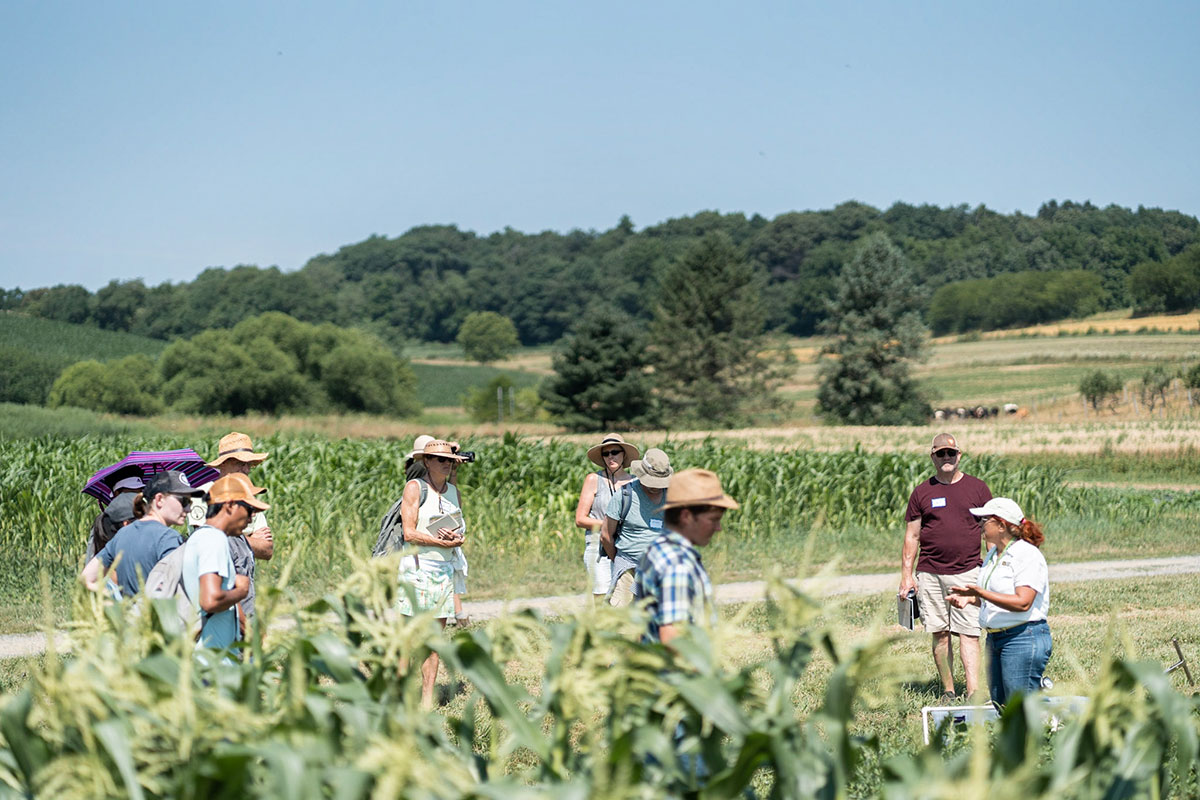
No Tractor? No Problem.
You don't have to be a farmer to get something out of a visit to the Rodale Institute. The farm regularly hosts workshops on a variety of subjects that are meant to appeal to even the most novice of gardeners. Self-guided audio and walking tours are available year-round. You can even get hitched there—they host weddings, too.
And for those who'd rather learn from afar, webinars and virtual courses are available online.
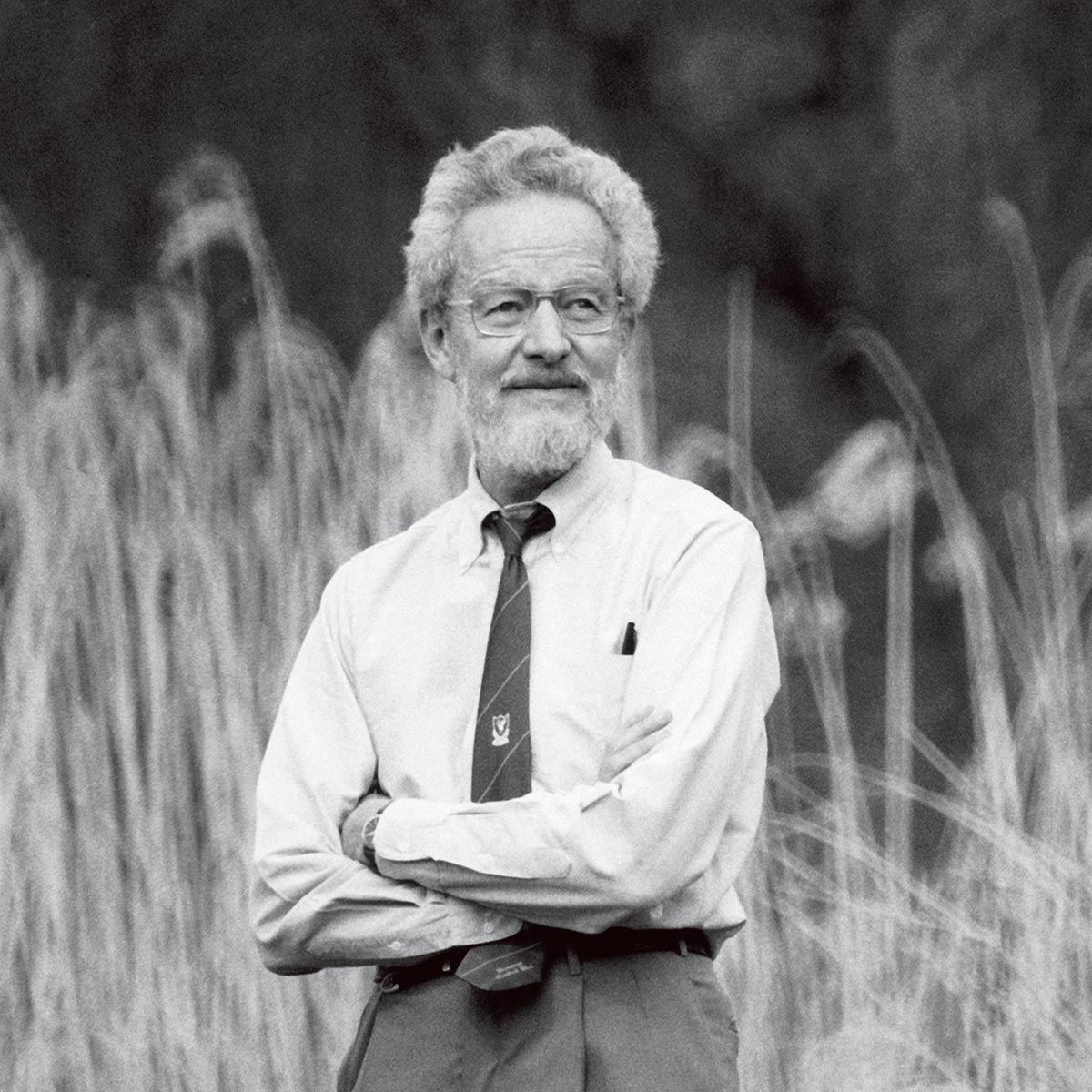
The Concrete Crater in the Corn
If you had to name a specific year for when the bicycling/farming relationship was cemented in the region, you can't go wrong with 1975. That's when the Valley Preferred Cycling Center (VPCC)—previously known simply as the Velodrome, or T-Town—hosted its very first race. It was a proud day for Bob Rodale, who was the driving force behind the track's construction. He was long inspired by the bicycle and often rode one to and from work. According to VPCC, Rodale first became enamored by the sport of track cycling while he was competing as an Olympic and Pan American games skeet shooter in the 1960s. Later, he and his wife, Ardath, donated a plot of land in Trexlertown to be used for a track that would draw cyclists from around the globe. After Rodale oversaw the velodrome's completion, he donated it to the county, in return for a promise that the county would continue to promote cycling in the community. “We've been pretty much putting on racing and programming here since then,” says Maura Beuttel, the cycling center's event marketing coordinator.
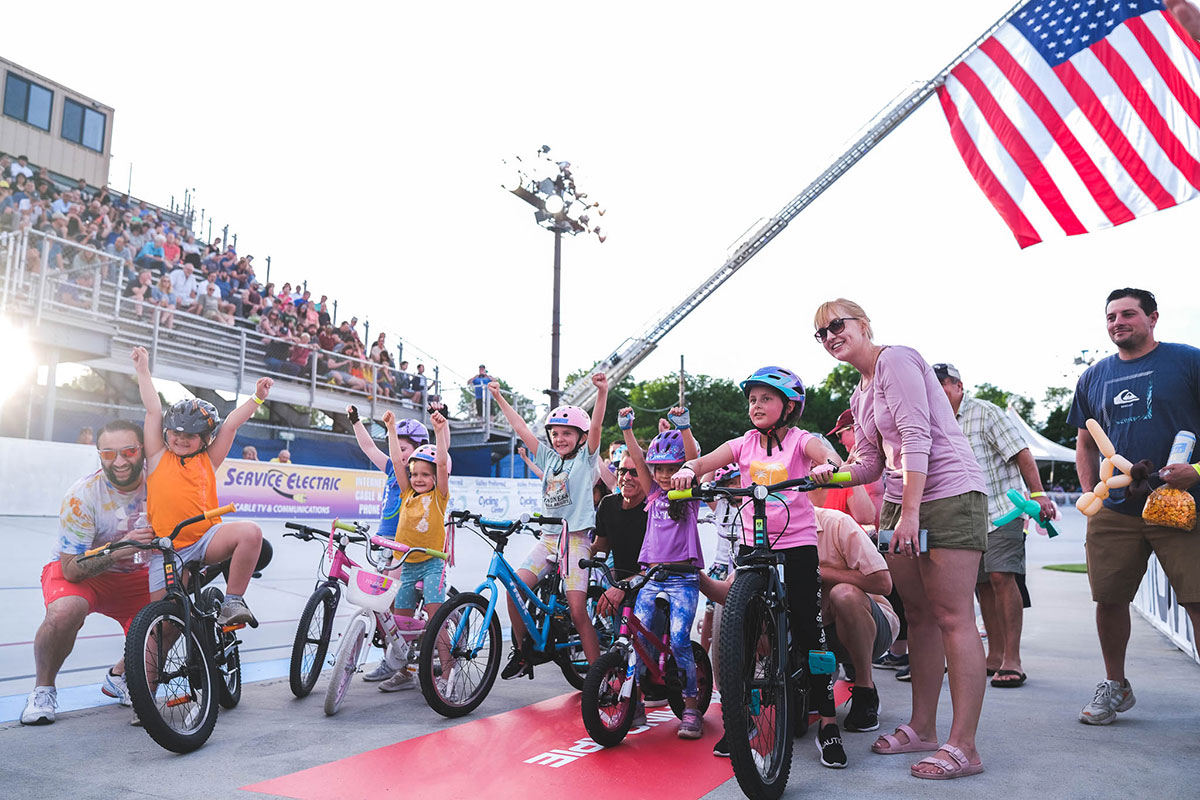
Something for Everyone
VPCC welcomes riders of all ages and abilities, from “squirts” and “weeble wobbles” getting ready to say goodbye to their training wheels to world-class bikers of Olympic caliber. “Try the Track” events are one-day clinics open to anyone 12 years and older who's looking for a safe and speedy introduction to track cycling. In addition, VPCC is making an effort to take a female-focused approach in its outreach, says Beuttel: “Track cycling is such a male-dominated sport. We want to try and flip that and get more women in.” The track is currently in the midst of a “50/50 in 50” campaign; it's trying to achieve 50 percent female participation by its 50th anniversary in 2025. “Women's Wednesdays” and “Women's Weekends” events—led by former World and Pan-Am Champion Kim Geist—are two ways VPCC is chasing after that goal.

Get on Your Bike and Go
Both Tkach and Pryor are cyclists who toe the line between recreational and competitive riding, and Buettel, a former participant in VPCC's Air Products Youth Cycling Programs, says she's been enjoying more road riding as of late. All three say the region is unique in that all cyclists, no matter which terrain they prefer—track, road, trail, gravel or maybe a combination of all four—will find their happy place here. In fact, Tkach, who spent some time living in Colorado, says even the Centennial State has nothing on the Lehigh Valley when it comes to biking. “People think about Boulder as the mecca of bicycling. If you're into mountain biking or road cycling, everyone thinks you have to move to Colorado to really enjoy world-class riding, but that's simply not true.”
Some of the most serene and picturesque routes run parallel to farmland in the more rural sections of the Lehigh Valley. But more of that land is disappearing every year, and that's a concern in the biking community and beyond. “The more farms we have, the more farm roads we have, the more quiet roads there are to be on,” Pryor says. “Any time we lose a farm to development or a warehouse it creates more traffic.”
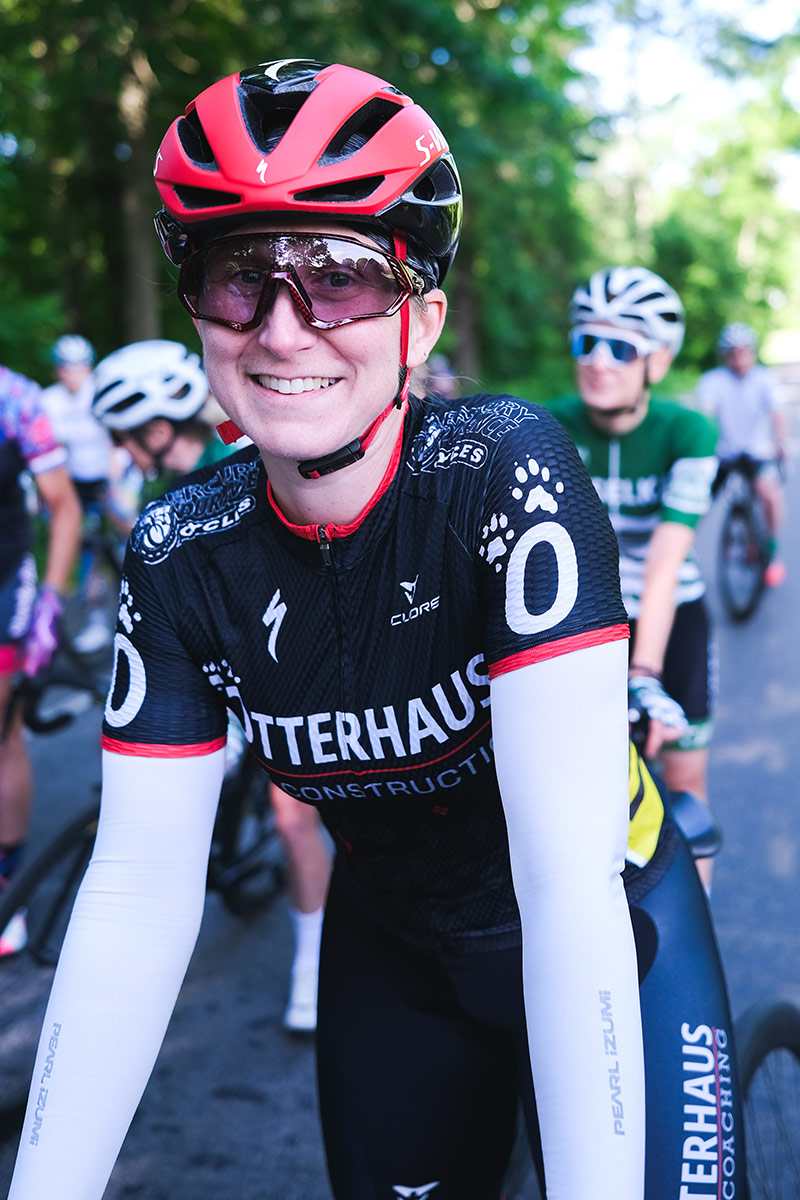
The Cycling Community
Cyclists who are new to the area or new to the sport and looking for a like-minded community have options. The Lehigh Wheelmen Association bills itself as the region's premier cycling organization. It offers a full schedule of road and off-road rides for all abilities. And yes, wheelwomen are welcome, too. Trail riders will fit right in with the Valley Mountain Bikers. And many of the local bike shops have riding clubs of their own, like South Mountain Cycle & Cafe, Saucon Valley Bikes, Trek Bicycle Easton and Spokes Bike Shop in Shoemakersville.
The Lehigh Valley also hosts several charity rides every year. Pryor himself organizes one of them, a springtime event called “Monkey Knife Fight.” “We ride out of Emmaus down south and find the hardest hills that we can, and then we ride back and then we have a beer afterwards,” he says. Future rides will benefit Dream Come True.
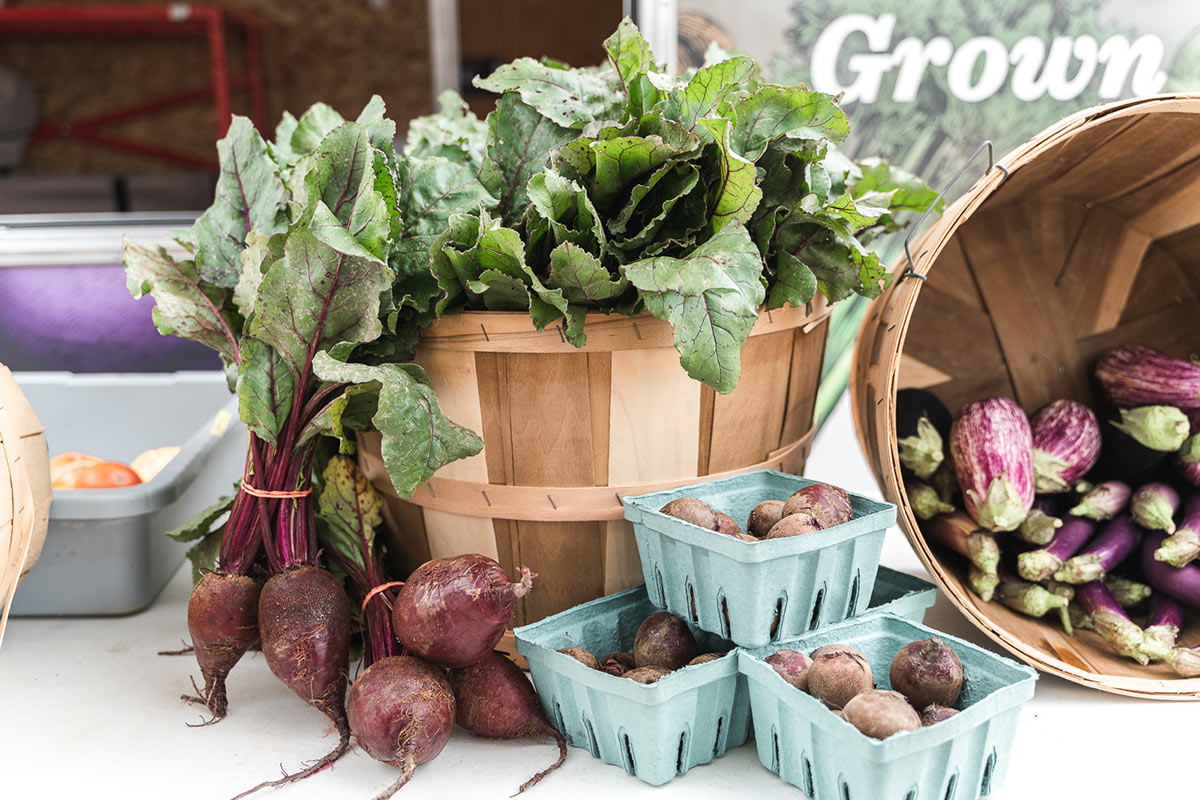
Food = Fuel
All athletes—cyclists included—need fuel to keep them moving. And thanks to the output from our local farms, they can power up with freshly picked fruits and vegetables. According to Discover Lehigh Valley, the region is home to more than a dozen farmers markets, including the Trexlertown Farmers' Market, which sets up shop right at the Valley Preferred Cycling Center. It's open every Saturday from May through October, and every first and third Saturday in the winter season (November through April).
The Easton Farmers' Market is celebrating its 270th anniversary this year and can boast of being the nation's oldest continuously operating open-air market. Vendors are spread across Scott Park from May through December; the market moves to Northampton Street for the winter season.
The Allentown Farmers Market at the Fairgrounds has been a city staple since 1955. Since it's all indoors, you can peruse the goodies offered by the 60-plus vendors at your leisure, no matter the weather. The market is open Thursdays through Saturdays.
Published as "Farming & Cycling in the Valley" in the October 2022 edition of Lehigh Valley Style magazine.







